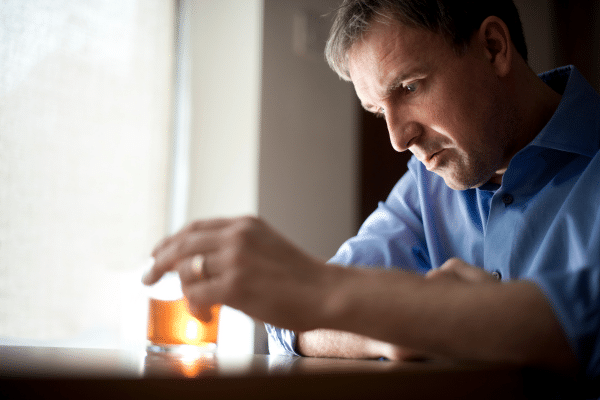According to some studies, drinking alcohol in moderation can reduce the risk of heart disease. Experts suggest that a small amount of alcohol can prevent arteries from narrowing and supporting better blood circulation. However, does this claim also apply to diabetes patients? The answer is no.
Excessive alcohol consumption causes blood sugar levels to vary, especially if you have diabetes. They could rise or drop severely, depending on the amount of alcohol you take. Let us find out more about how alcohol can affect diabetes patients.
How does alcohol affect diabetes?
There are many reasons why healthcare professionals do not recommend regular alcohol for diabetes patients.
Alcohol causes low blood sugar (hypoglycemia)
Hypoglycemia occurs when blood sugar levels are below 70 mg/dL. It is common in type 1 diabetes patients. It is identified by symptoms like drowsiness, trouble walking, confusion, and slurred speech. Given this fact, how does alcohol play a role in developing hypoglycemia?
According to a 2017 research, the presence of ethanol in alcohol increases the probability of developing hypoglycemia.
Alcohol stimulates appetite
If you have diabetes, overeating can harm your blood sugar levels. Unfortunately, drinking alcohol can stimulate your appetite and provoke your body to eat more than what is expected because of your condition.
Alcohol leads to drug interactions
A drug interaction is a major side effect of mixing a medication with alcohol. Some medicines that can interact with excessive alcohol consumption include sulfonylureas, insulin, and metformin (Glucophage).
To prevent interactions, ensure you inform your doctor about the amount of alcohol you take, so they can adjust the quantity accordingly.
Alcohol increases the risk of hypertension
Binge drinking can cause blood pressure to spike to unhealthy levels. Having more than three drinks a day can already raise blood pressure, which can be dangerous for diabetes patients. Additionally, the presence of calories in alcoholic beverages causes weight gain. Weight gain is a risk factor for both hypertension and type 2 diabetes. If you are unable to limit your alcohol consumption, there will be a potential risk of uncontrolled high blood pressure.
Is it safe to drink alcohol if you have diabetes?
Your doctors may still approve drinking small amount of alcohol if you have diabetes. Remember, alcohol is safe only if it’s controlled.
To ensure that you still manage your condition while drinking alcohol, here are some guidelines you can follow:
- Take extra care of your blood sugar levels while taking alcohol.
- Drink alcohol only after taking your meals or filling the stomach by up to 40%.
- Opt for carb-free beverages instead of sugary varieties.
If you drink alcohol daily, limit your intake to one or two glasses only


